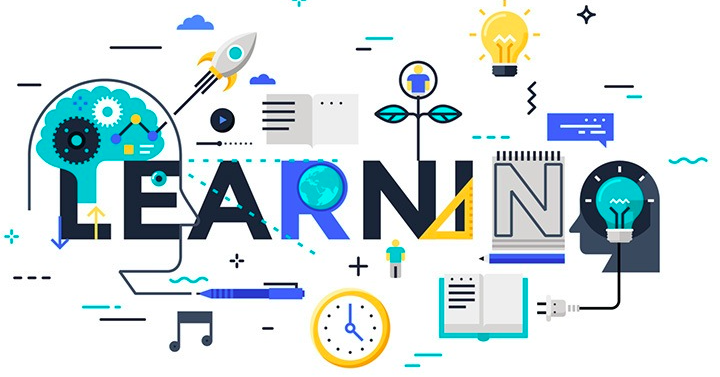After going through the articles and videos provided by the course, I was impressed. Many of the factors and methods mentioned in the article to improve learning motivation can be applied to oneself, such as enhancing the sense of achievement and satisfaction in learning a particular skill, and creating or increasing the interest in learning. Regarding some of the views in the data, I hold some of the same opinions based on my own experience. In the video The Backward Brain Bicycle, the author mentions that the neuroplasticity of adults is not as strong as that of children, which led him to relearn to ride a reverse bicycle for up to eight months, while the kid only takes only two weeks to master the skills grudgingly.
This can’t help but remind me of one of the skills I learned as a child, calligraphy. In the early learning process, I still remember feeling a lack of concentration and motivation. However, after passively accepting knowledge, perhaps because my brain did not establish a solid “older knowledge” before learning, I was in It is quicker to pick up “new knowledge” than older people around you. It’s easier to develop an interest in the skill as you learn, as for the article Why is Learning Hard. After more than ten years of study, I also successfully obtained the teaching qualification certificate and harvested the first batch of students. Most of them were high school students over fifteen or even adults.
In the early teaching process, I had a feeling that “older people are not as easy to accept new things as children” because it takes an adult longer than a child to master the same knowledge point. That’s why I agree with the “neural plasticity” of people of different ages in the video because the ability to learn new things also includes subverting the original cognition. Still, adults have a longer time to establish initial cognition. It’s more solid, so it’s harder to subvert perceptions and embrace new things.
However, this situation does not apply to everyone. It is not enough to use the video’s only example of reverse cycling because the author ignores many other factors that affect learning speed and efficiency, such as each person’s talent for mastering different skills is different, resulting in different paces of learning. In my actual teaching process, sometimes an adult learns skills in two days, but children may not be able to master them in a month. Does this mean that adults have stronger learning abilities? Therefore, I think that it is difficult for adults to overturn established cognition and learn new knowledge, but different talents also determine the speed of accepting new knowledge to a large extent.



